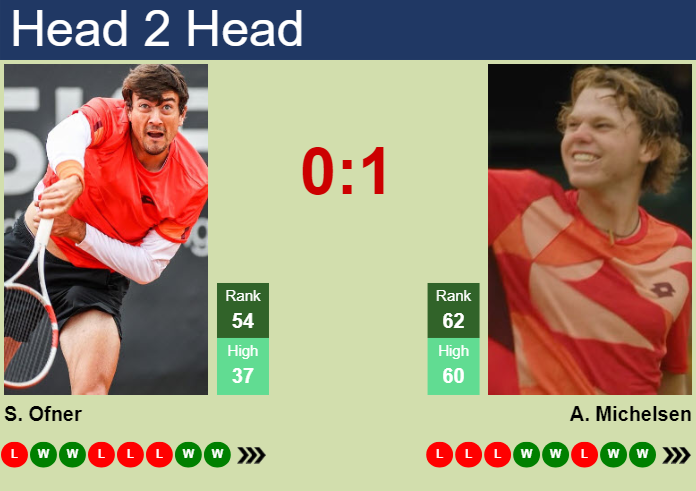Okay, so I wanted to mess around with this “ofner prediction” thing. I’d heard about it, and it sounded interesting, like you could predict stuff, you know?

First, I had to figure out what it even was. Turns out, it’s not some magic crystal ball. It’s more like… looking at patterns and making educated guesses. Seems simple,but to be honest it’s not that easy.
Getting Started
I started by, well, looking for information. Just typing “ofner prediction” into a search engine. I found some articles, some confusing scientific papers, and some forum posts with people arguing about it. Classic internet.
I skimmed through a bunch of stuff, trying to get the basic idea. It seemed like I needed data. Lots of it. Like, if I wanted to predict… I don’t know, how many cups of coffee I’d drink tomorrow, I’d need to know how many cups I drank every other day. Makes sense, right?
The “Experiment”
So, I decided to keep it simple. I figured I’d try to predict something easy: whether I’d go to the gym the next day. (Spoiler alert: I’m not very consistent.)
I made a little chart. Just a simple table, really:

- Day Gym? (Yes/No)
- Monday Yes
- Tuesday No
- Wednesday Yes
- …and so on…
I filled this out for a couple of weeks. I tried to be honest, even when I skipped the gym (which, let’s be real, was more often than I’d like to admit).
Looking for Patterns(This is the hardest part,I think…)
After a few weeks, I had a decent chunk of data. I started looking for those “patterns” everyone talked about.
At first, I didn’t see anything obvious. It looked pretty random. But then I started thinking about other things. Like, did I go to the gym more on days after I had a good night’s sleep? Did it matter if I had a busy day at work?
So I added more columns to my chart:
- Day Gym? (Yes/No) Sleep (Good/Bad) Work (Busy/Normal)
This is where it got a little more interesting. I started to notice that, yeah, I was way more likely to go to the gym if I slept well. And if work was crazy busy, I’d usually skip it.

Making a (Very Basic) Prediction
Okay, so I had some patterns. Now, how to “predict”?
I kept it super simple. I basically just said:
- If I slept well AND work wasn’t too busy, I’d predict “Yes” (I’d go to the gym).
- Otherwise, I’d predict “No”.
The Results (Drumroll…)
I tried this out for a week. And… it was okay! It wasn’t perfect, but I got it right more often than I got it wrong. I think I was right about 5 or 6 days out of 7.
I mean, it’s not exactly rocket science. And it’s definitely not “magic”. But it was kind of cool to see that, even with something as simple as this, you could make a somewhat accurate prediction based on past data.
I try to record and predict other stuffs in my life,it’s really fun!








